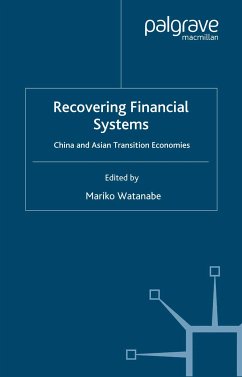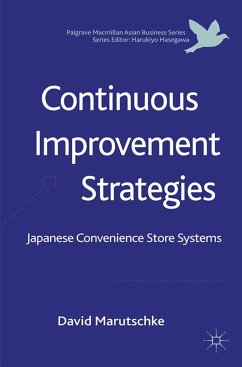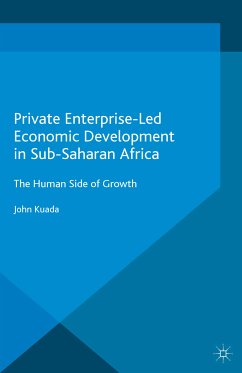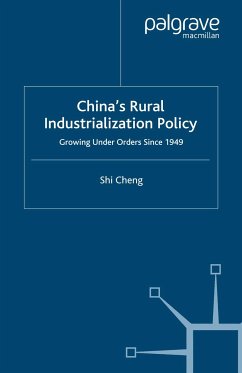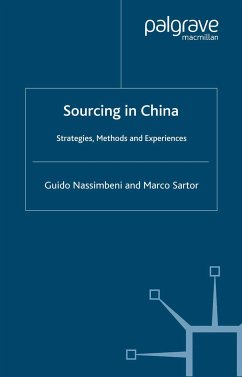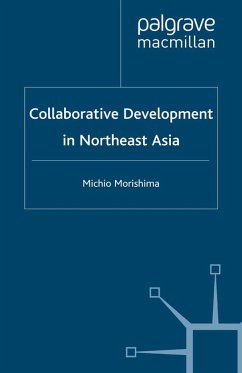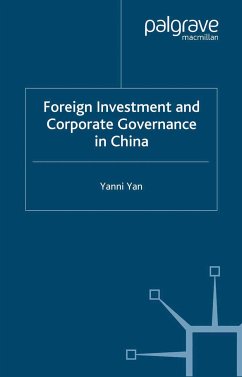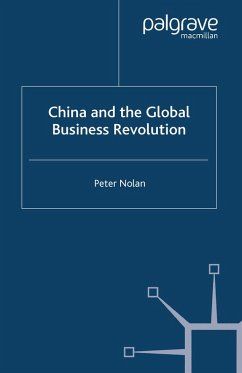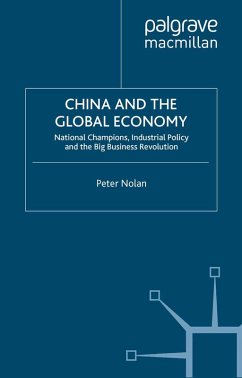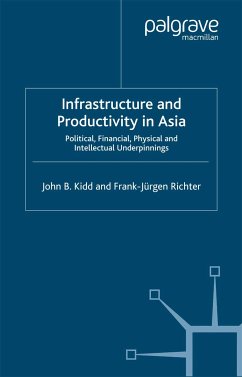
Infrastructure and Productivity in Asia (eBook, PDF)
Political, Financial, Physical and Intellectual Underpinnings
Redaktion: Kidd, J.; Richter, F.
Versandkostenfrei!
Sofort per Download lieferbar
72,95 €
inkl. MwSt.
Weitere Ausgaben:

PAYBACK Punkte
36 °P sammeln!
There is a feeling that Asia is at a crossroad, and is facing a new crisis. The earlier crisis of 1997/98 showed that effective systems were missing. Afterwards governments, foreign investors and foreign managers initiated more holistic infrastructures, but corruption, poorly connecting systems, and a lack of transparent management have ensured that these are under performing. In this book well-informed authors offer insights on Asia's political, educational and physical infrastructures, and indicate the routes leading to better integrated futures.
Dieser Download kann aus rechtlichen Gründen nur mit Rechnungsadresse in A, B, BG, CY, CZ, D, DK, EW, E, FIN, F, GR, HR, H, IRL, I, LT, L, LR, M, NL, PL, P, R, S, SLO, SK ausgeliefert werden.



